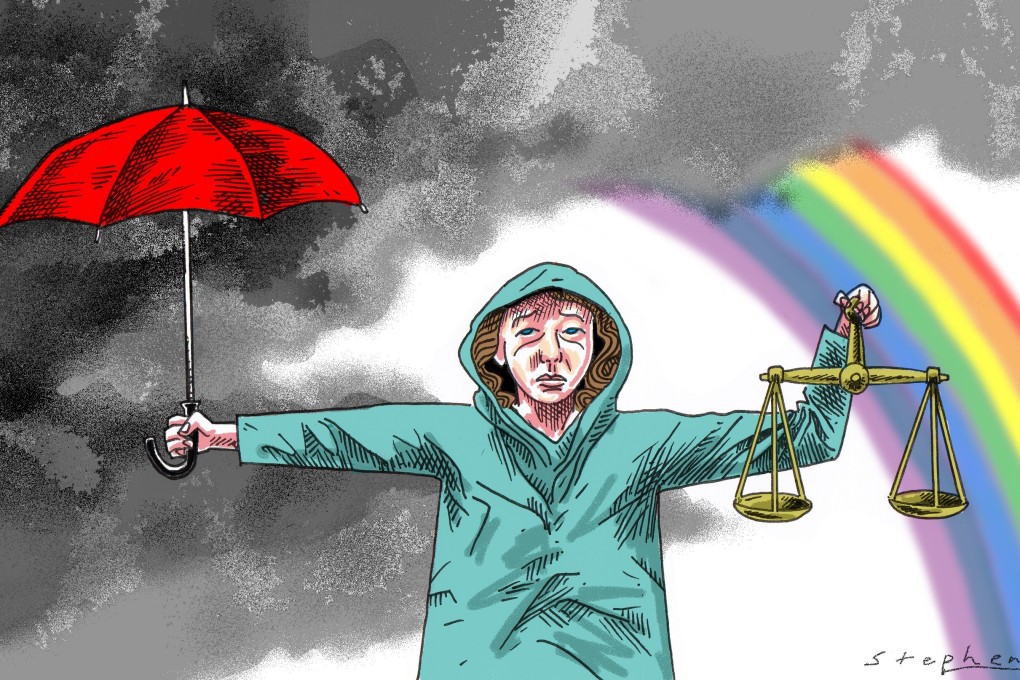Advertisement
Opinion | National security law: more questions than answers on Hong Kong’s freedoms and rule of law
- Much remains to be done to ensure the new law is clearly understood and implemented in a way that limits its impact on Hong Kong’s way of life
- Some will welcome Beijing’s move if it restores order after months of civil unrest and protests but, even if achieved, this will come at a price
Reading Time:4 minutes
Why you can trust SCMP

Beijing’s new national security law for Hong Kong has finally been unveiled. Rather than clear up uncertainties, though, it has raised fresh doubts and fears.
Advertisement
The passing of the law by the National People’s Congress Standing Committee on Tuesday sparked fresh protests and civil unrest the following day. The police were quick to use it, making 10 arrests under the law and hundreds overall on Wednesday.
The legislation, comprising 66 articles, is expressed in broad and sweeping terms. It is still not clear precisely what will constitute a crime under the core offences of secession, subversion, terrorism and collusion with foreign or external forces. Officials argue that the new law will strengthen the “one country, two systems” concept, but it makes fundamental changes to the city’s legal system and Hong Kong’s relationship with Beijing.
The law opens the door to some cases being handled by mainland authorities rather than Hong Kong’s courts. It has global reach, applying to everyone, everywhere. Worryingly, the legislation appears to conflict with multiple articles of the city’s de facto constitution, the Basic Law. It is unclear how this will be resolved.
Another concern is the extent to which agencies involved in protecting national security are exempted from judicial scrutiny. The law, for example, creates a new central government office in Hong Kong to safeguard national security. This will not be subject to the jurisdiction of Hong Kong, so will be beyond the scrutiny of the city's courts.
Advertisement

Advertisement
